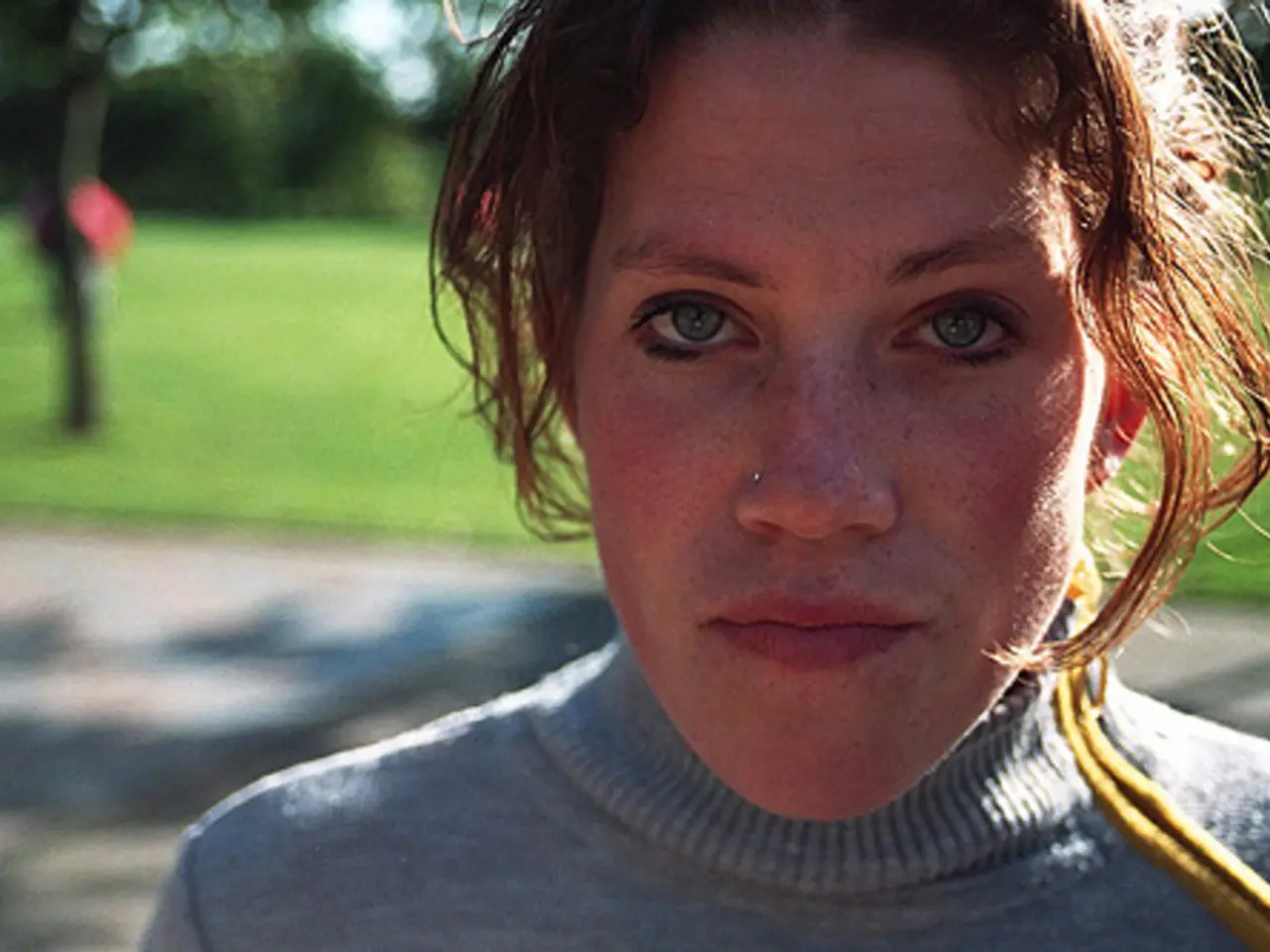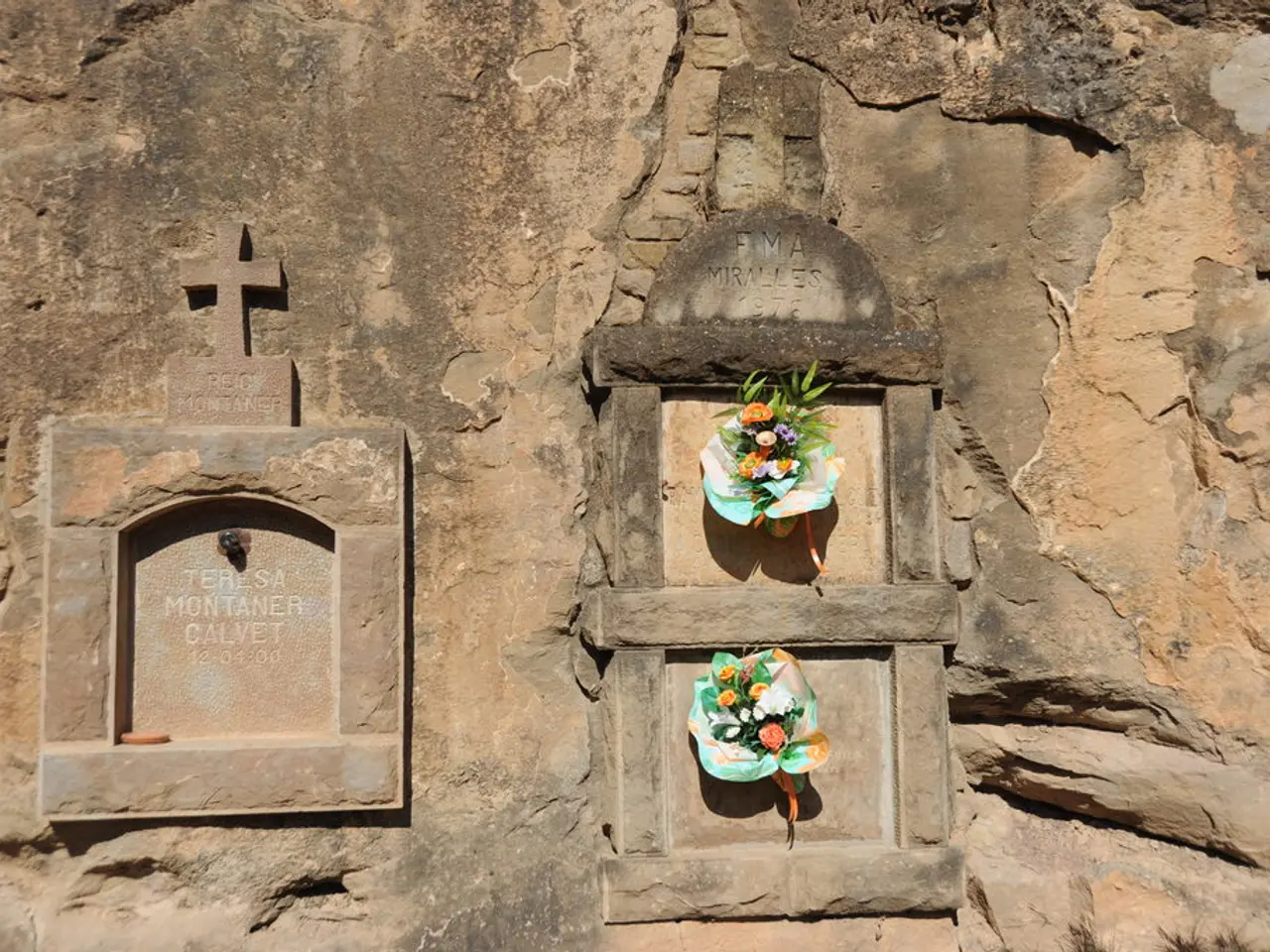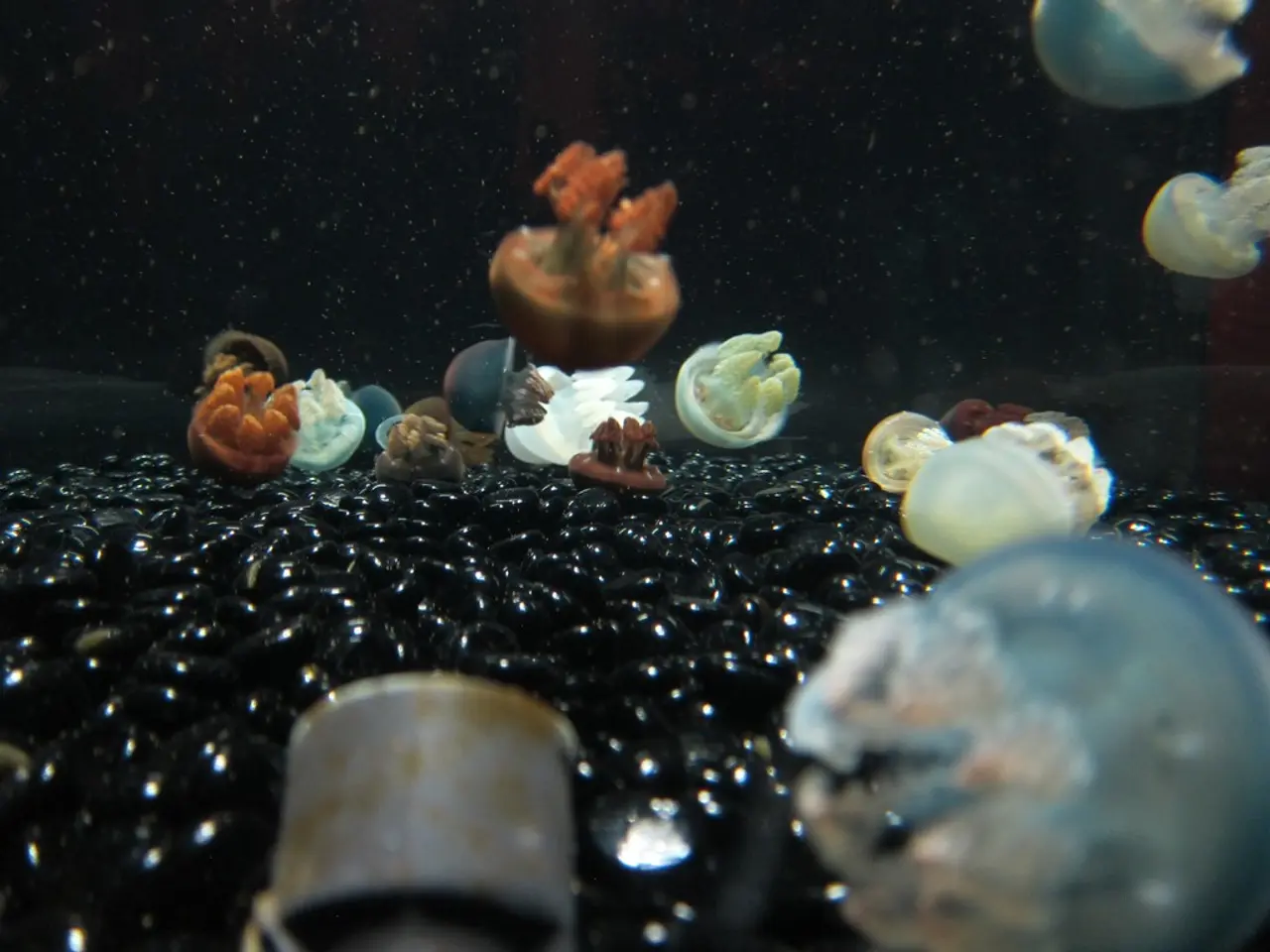Comprehensive Overview of Nose Reshaping Surgery (Rhinoplasty)
In the realm of cosmetic surgery, rhinoplasty – the nose reshaping procedure – has gained significant popularity. Dr Rajat Gupta, a renowned plastic surgeon in Delhi, specializes in this transformative surgery using state-of-the-art Piezotome equipment.
The procedure involves a thorough analysis of the patient's nasal anatomy, taking into account both the patient's expectations and the surgeon's goals. Preparation for rhinoplasty may involve medications prescribed by the surgeon and avoiding certain medications such as aspirin, anti-inflammatory drugs, or herbal supplements due to the risk of bleeding.
After the surgery, a splint or plaster is applied to the patient's nose, and patients must wear a mask on their upper lip during recovery. The initial recovery period, the first 1 to 2 weeks post-surgery, is critical for initial healing, but the full healing process and the final shape of the nose may take several months.
During this time, patients are advised to rest adequately, avoiding strenuous activities and exercise for about 3 to 4 weeks to prevent stress on the surgical site that might interfere with recovery. Sleeping with the head elevated is also recommended to avoid putting pressure on the nose.
Unless your surgeon specifically advises otherwise, avoid wearing glasses that rest on the nose during the early recovery phase to prevent pressure on the healing tissues. Maintain proper cleanliness around the surgical site to prevent infection, and follow your surgeon’s instructions carefully about when and how to clean the incision, and whether you can shower or must sponge bathe initially.
Eating soft foods to avoid excessive facial movement, staying well-hydrated, and consuming foods rich in vitamins A and C helps tissue repair and collagen production. Avoid direct sunlight to prevent skin discoloration and protect sensitive healing skin.
Attend all scheduled follow-up appointments with your surgeon for monitoring and to address any concerns promptly. Maintaining a positive mindset and minimizing stress supports the healing process. Engaging in relaxing activities such as reading, listening to music, or meditation may be beneficial.
Following these common recovery instructions after a rhinoplasty procedure performed by a board-certified plastic surgeon in Delhi ensures smooth healing and optimal results. Surgeons in Delhi, like other board-certified professionals, provide personalized advice depending on the individual’s surgery type and health status, so following their specific guidance is crucial.
With the right care and a qualified surgeon like Dr Rajat Gupta, rhinoplasty can help improve breathing problems and has been scientifically proven to enhance one's appearance. Ideal candidates for rhinoplasty are those over 18, with a healthy lifestyle, no smoking, realistic expectations, and a stable medical history. Rhinoplasty is an outpatient procedure, typically performed under local or general anaesthesia. The final result of rhinoplasty is visible shortly after the recovery period, with minor bruising and swelling subsiding during this time.
The cosmetic procedure of rhinoplasty, a nose reshaping surgery, often involves a specific analysis of a patient's nasal anatomy to meet both the patient's expectations and the surgeon's goals. Post-surgery, patients must follow careful instructions for healing, such as resting adequately, avoiding strenuous activities, and maintaining proper cleanliness around the surgical site. Eating soft foods, staying hydrated, and consuming vitamins A and C are helpful for tissue repair and collagen production during recovery. Attending all scheduled follow-up appointments with the surgeon is essential for addressing concerns and ensuring optimal results. rhinoplasty, a reconstructive and aesthetic medical-condition treatment, is not only popular for enhancing appearances but also has been scientifically proven to improve breathing issues. Suitable candidates for rhinoplasty are those over 18, with a healthy lifestyle, no smoking, realistic expectations, and a stable medical history. The surgery, performed by a board-certified plastic surgeon like Dr Rajat Gupta in Delhi, is typically an outpatient procedure under local or general anesthesia.




